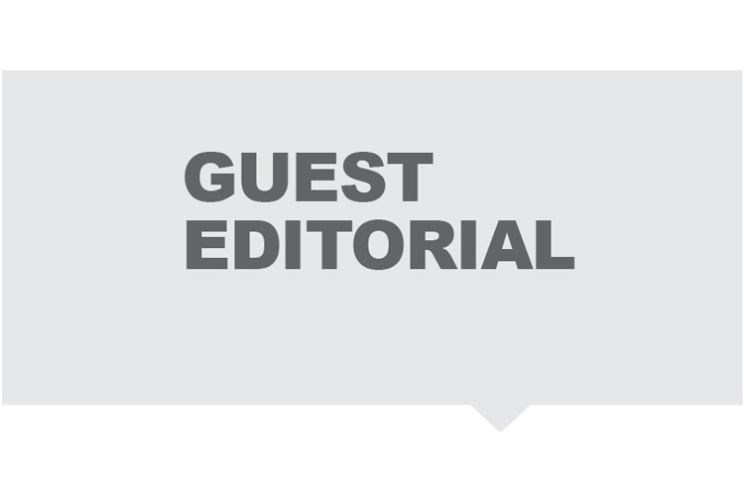How to explain that one of the most effective medical innovations of all time is experiencing a crisis of confidence? That's the situation with vaccines, which save millions of lives every year and especially help children fight disease.
A tide of "vaccine hesitancy," reluctance to get inoculated because of unfounded fears and misinformation, is rising in the United States and throughout the world. The World Health Organization has identified vaccine hesitancy as one of the 10 most urgent public health challenges of this year.
The WHO director-general, Tedros Adhanom Ghebreyesus, pointed out recently that 20 million children worldwide simply lack access to vaccines because of war, weak primary health-care systems, poverty or unstable governments. But hesitancy among those who do have access is often the result of misinformation on social media, which can spread quickly.
For example, last spring, panic spread among parents in Pakistan because of a scaremongering video on Twitter that showed children seemingly collapsing after getting an expired vaccine. The video was obviously fake, but the panic was not, and it forced the suspension of a national immunization campaign.
Social media has also been responsible for spreading misinformation about vaccines for measles, a highly contagious illness that can have serious complications. So far this year in the United States, there have been 1,215 individual cases of measles, mostly unvaccinated individuals, the highest number of cases since 1992.
Last year, Pinterest, the social media platform, disabled search for terms such as "vaccines" or "cancer cure" because it realized the results were filled with misinformation.
The platform says it discovered that, online, "anti-vaccine content is contagious" - it spreads quickly because it is more accessible, more visually compelling and more widely spread than scientific data.
Now, the platform has taken a laudable step toward changing this dynamic.
On Aug. 28, Pinterest announced that it will provide information from only leading public health institutions, including the WHO, the Centers for Disease Control and Prevention, the American Academy of Pediatrics and the WHO-established Vaccine Safety Net,"a global network of websites providing reliable vaccine safety information."
Moreover, it won't show comments, recommendations or ads, so this is not just a case of displaying correct information next to the dodgy, but rather a genuine effort to present authoritative data to its 300 million monthly users.
The principle here is worthy: With free speech comes responsibility, in this case, to not spread misinformation that can lead to illness and death.
Other social media platforms are also acting against anti-vaccination information, but Pinterest is bolder and should be emulated.
As both the Ebola and polio inoculation campaigns have shown lately, having an effective vaccine is only part of the battle. Populations must trust the vaccine and those who administer it.
Social media should not provide a stage for misguided people to destroy that trust, and digital platforms can do much to help rebuild it.
-- The Washington Post



